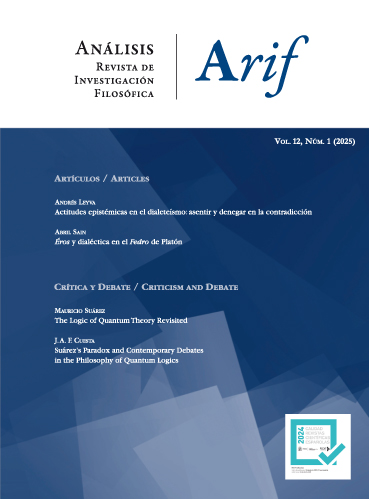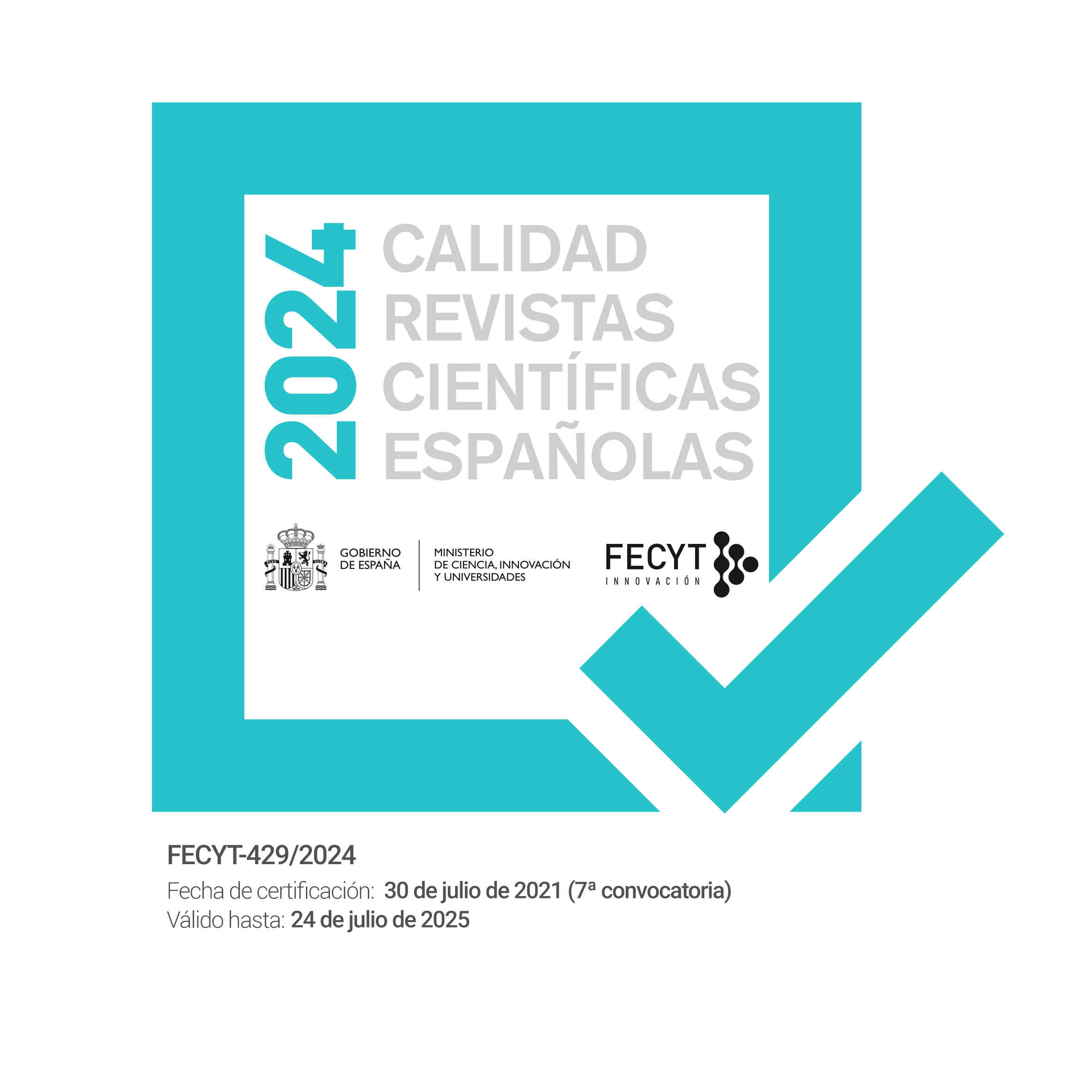Epistemic Attitudes in Dialetheism: To Assent and Dissent in Contradiction
DOI:
https://doi.org/10.26754/ojs_arif/a.rif.2025110926Abstract
Dialetheism is a philosophical position that asserts that some contradictions are true. Notably, dialetheism opposes the principle of non-contradiction (PNC). This paper inquires into the dialetheist's ability to meaningfully express her disagreement with other positions, especially the one Aristotle holds towards the PNC. To this end, the first step is to analyze the epistemic attitudes of assent and dissent, and how these intervene in the disagreement between incompatible positions. After this, I address two objections by Terence Parsons, as well as the responses of the dialetheist Graham Priest, highlighting the theoretical commitments of each side to explain why Parsons' arguments beg the question. Furthermore, I extend Parsons' arguments to a dialogical framework, in which the dialetheist debates with Aristotle. I argue that, in this context, the dialetheist's commitments, especially her assents to the conclusions of the liar paradoxes, prevent her from significantly expressing rejection to the PNC. To attain this conclusion, I emphasize a pragmatic inconsistency, along with the incoherent use of dialetheist's attitudes of assent and dissent.
Display downloads
Published
Issue
Section
License
Copyright (c) 2025 Andrés Leyva Gómez

This work is licensed under a Creative Commons Attribution-NonCommercial-NoDerivatives 4.0 International License.
Los autores que publican en esta revista están de acuerdo con los siguientes términos: los autores conservan los derechos de autor y garantizan a la revista el derecho de ser la primera publicación del trabajo al igual que licenciado bajo una Creative Commons Reconocimiento-No Comercial-Sin Obra Derivada 4.0 (CC BY-NC-ND) que permite a otros compartir el trabajo con un reconocimiento de la autoría del trabajo y la publicación inicial en esta revista. Los autores pueden establecer por separado acuerdos adicionales para la distribución no exclusiva de la versión de la obra publicada en la revista (por ejemplo, situarlo en un repositorio institucional o publicarlo en un libro), con un reconocimiento de su publicación inicial en esta revista.






